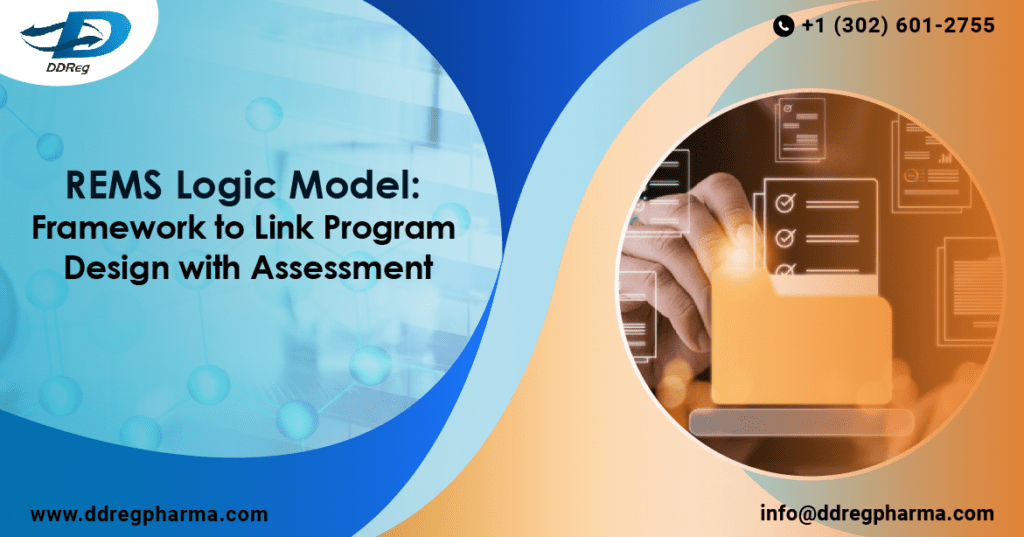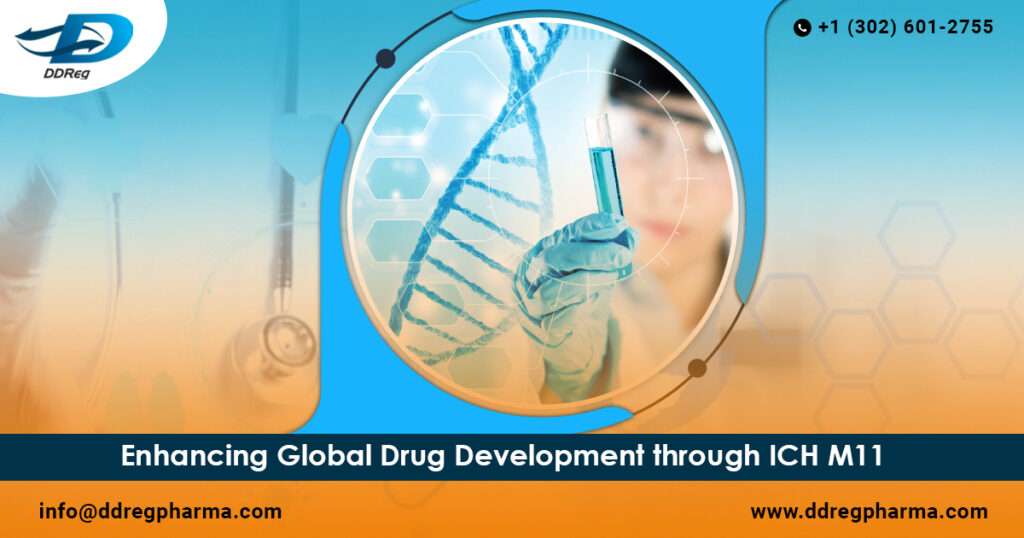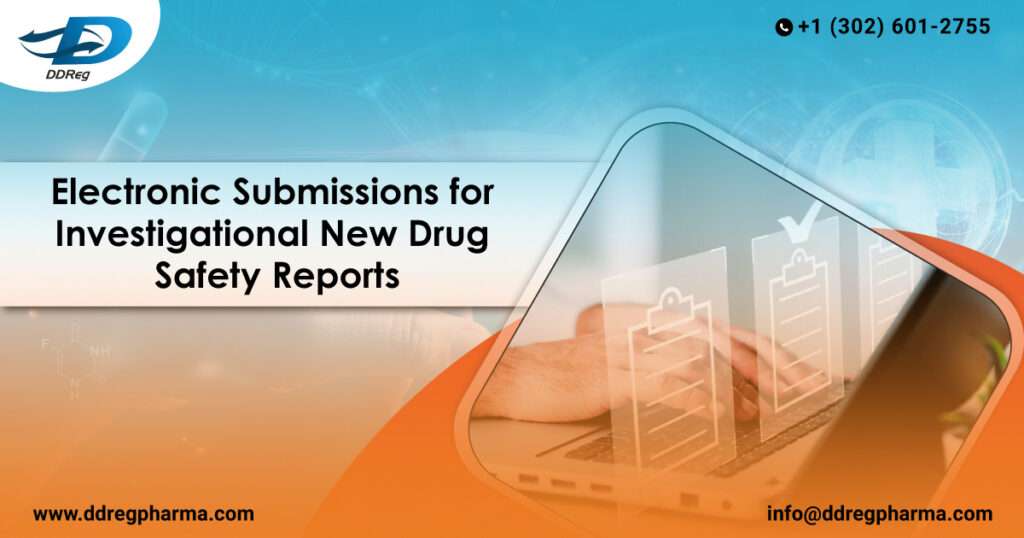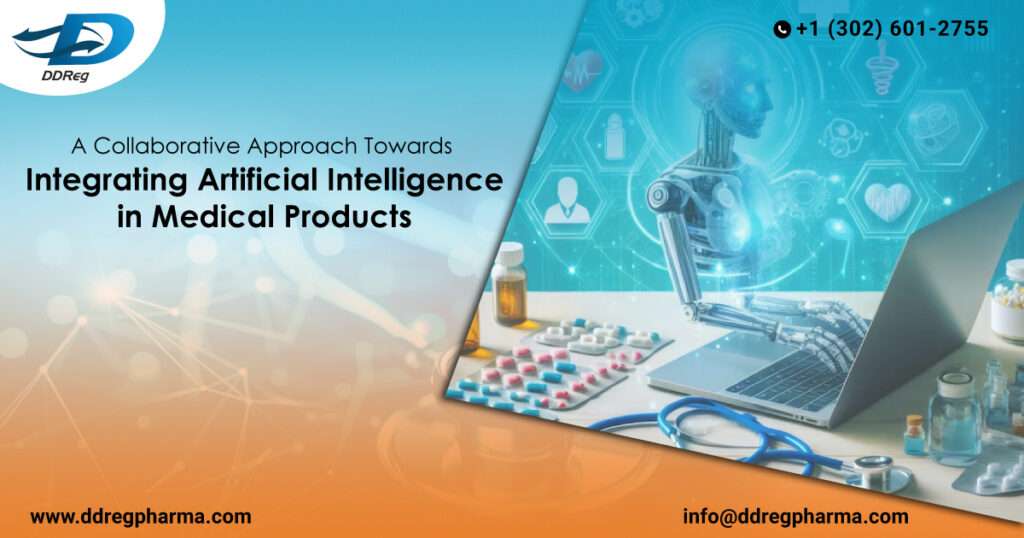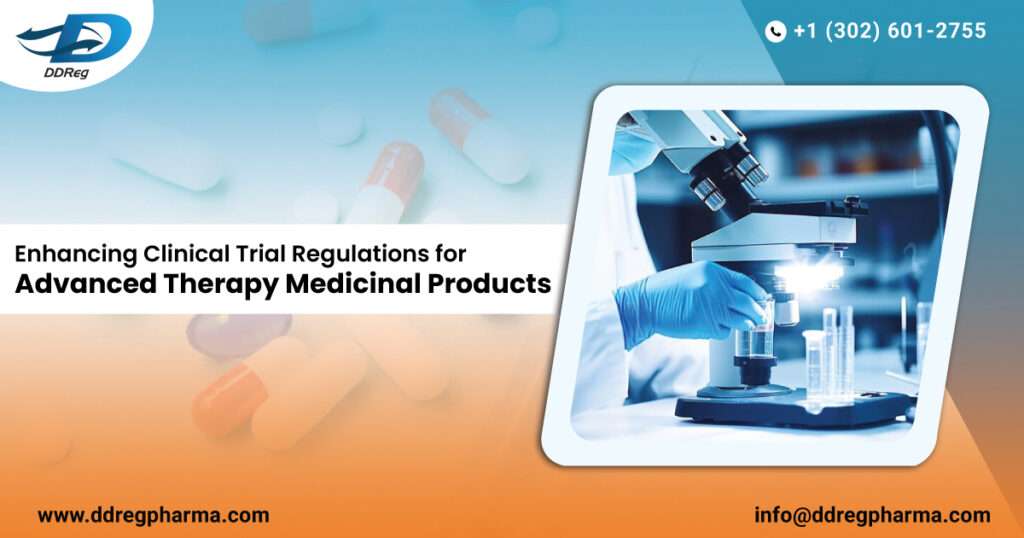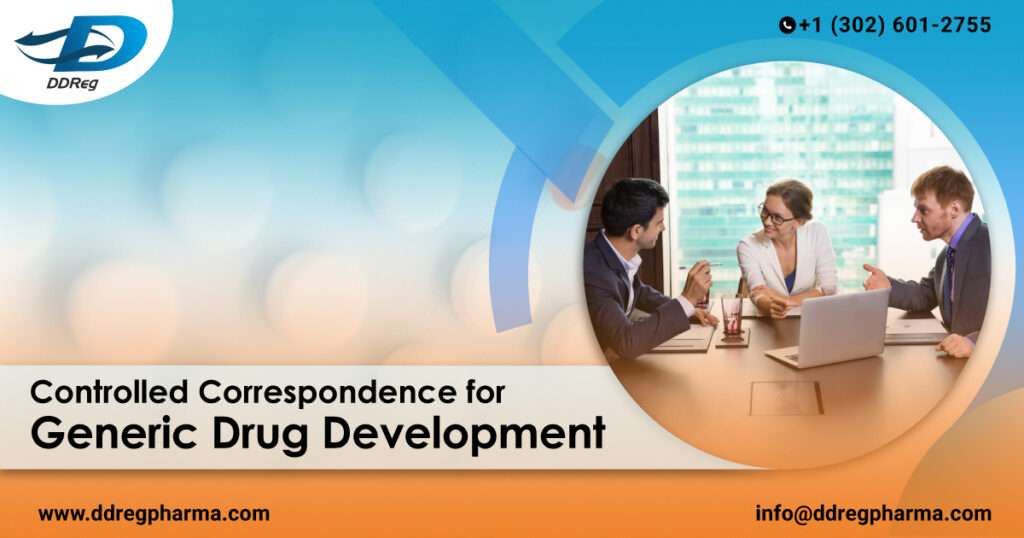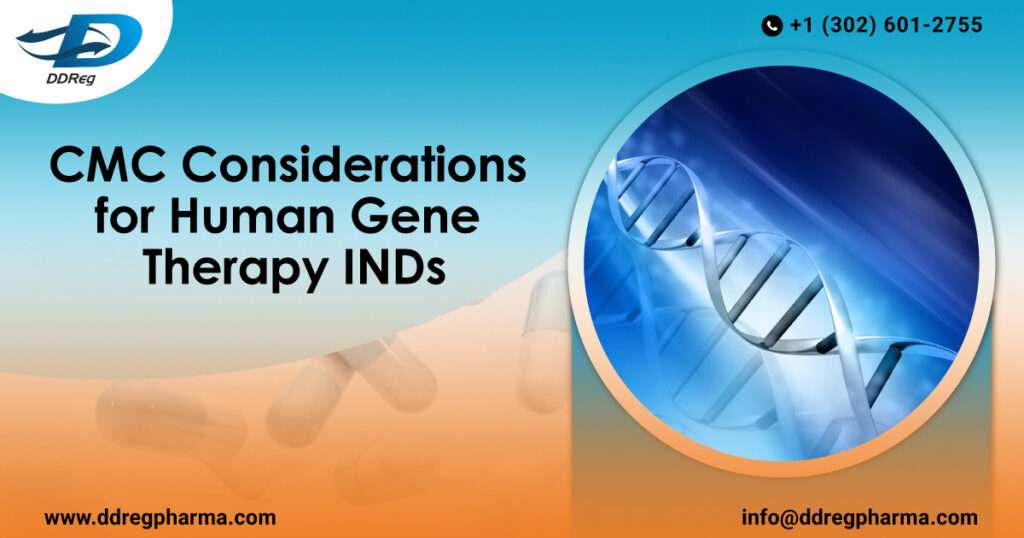REMS Logic Model: Framework to link program design with assessment
Risk Evaluation and Mitigation Strategies (REMS) helps the FDA in ensuring that the benefits of a drug outweigh its risks. These strategies are particularly important for medications with significant safety concerns and require a well-structured approach to both design and assessment. The FDA’s guidance on the Risk Evaluation and Mitigation Strategy (REMS) logic model presents …
REMS Logic Model: Framework to link program design with assessment Read More »

